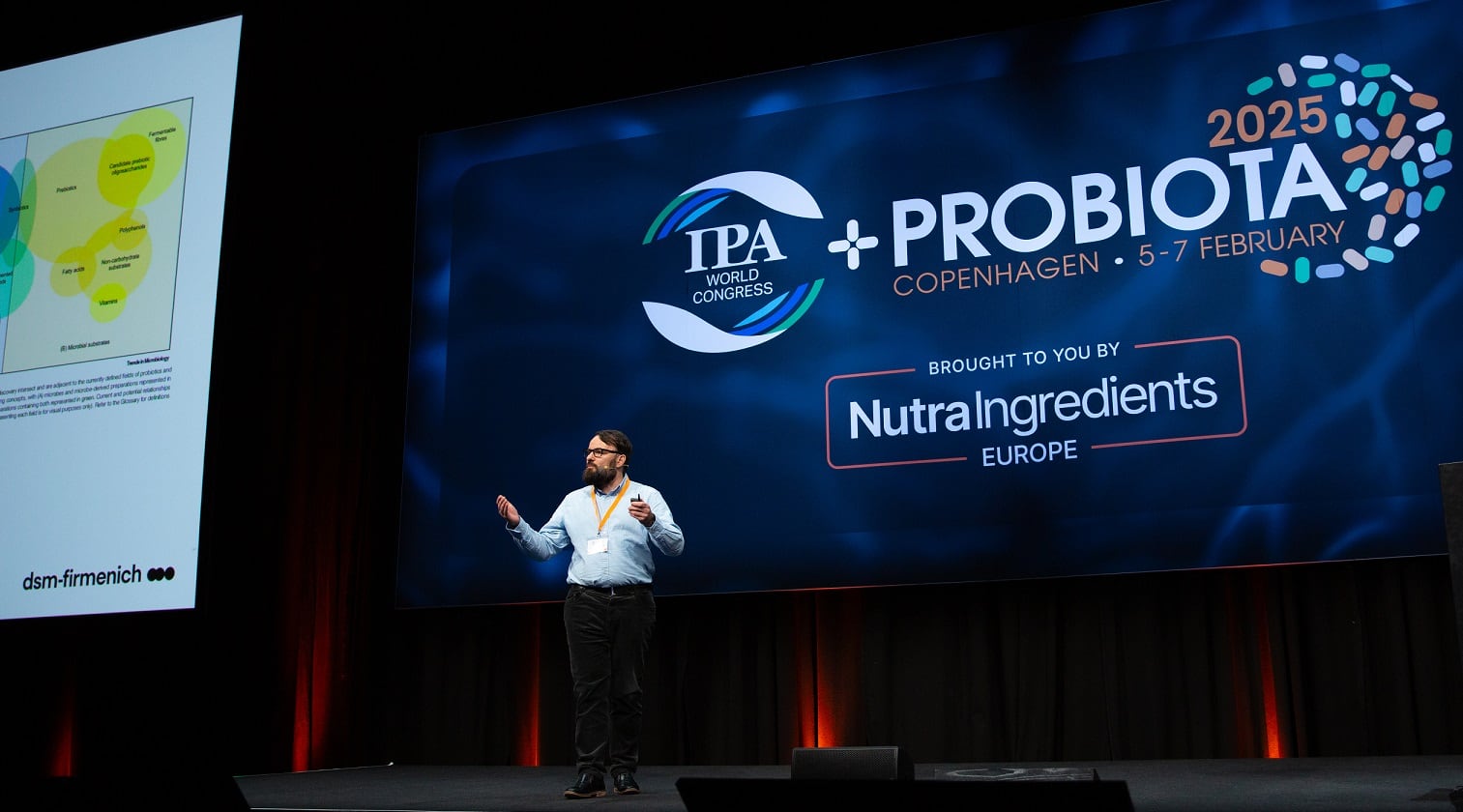“The current study is the first to evaluate the effect of a combination of a multispecies probiotic, small amounts of prebiotic scFOSs and microencapsulated butyrate to improve clinical symptoms in patients with IBS,” wrote scientists from the Medical University of Lodz (Poland), The Children’s Memorial Health Institute (Poland) and dsm-firmenich.
“We found that IBS patients supplemented with the biotic preparation over 12 weeks reported statistically significant adequate relief (evaluated using the IBS-AR scale) as early as 4 weeks after the start of the intervention (64.7% vs. 42.0% of patients in the placebo group) and significantly reduced ‘worsening of symptoms’ (evaluated using the IBS-GIS) after 12 weeks of the intervention (5.9% vs. 16.0% in the placebo group).”
Digestive health
According to the U.S. National Institutes of Health, digestive issues are reported to affect 60 to 70 million Americans every year, most linked to conditions such as bowel movement frequency, stool consistency and gastrointestinal (GI) symptoms.
The Nutrition Business Journal pegs gastrointestinal health as almost 6% of the U.S. dietary supplements market, or about $4.2 billion in 2024, with year-on-year growth from 2023 of 5.8%. That growth rate is predicted to increase over the next few years by nearly 7.2% to reach $5 billion by 2027.
Study details
The new randomized, double blind, placebo-controlled clinical study included 120 adults with irritable bowel syndrome (IBS), a common gastrointestinal disorder that affects 10% to 15% of Americans, according to the American College of Gastroenterology. IBS is characterized by abdominal pain accompanied by shifts in bowel movement frequency and stool consistency, along with bloating and irregular bowel patterns. The study included people with the three subtypes of IBS: constipation-predominant (IBS-C), diarrhea-predominant (IBS-D) and mixed bowel habits (IBS-M).
Half of the participants were randomly assigned to receive the biotics intervention, which included 300 mg of microencapsulated sodium butyrate, one billion CFUs of the combined probiotic strains (Lactocaseibacillus rhamnosus DSM 26357, Lactobacillus acidophilus DSM 32418, Bifidobacterium longum DSM 32946, Bifidobacterium bifidum DSM 32403 and Bifidobacterium lactis DSM 32269), and 64 mg of short-chain fructooligosaccharides (FOS). The other half of the participants received placebo capsules (maltodextrin).
Improvements in symptoms for the biotics group were observed as early as the fourth week of the intervention.
“At 12 weeks, fewer patients in the biotic group reported a ‘worsening of symptoms’ (based on IBS-GIS) than in the placebo group (5.9% vs. 16.0% respectively),” the researchers wrote.
On the other hand, no significant differences between the groups were recorded for IBS-Symptom Severity Score (IBS-SSS) or quality of life (QOL). However, people in the biotics group did report a significant improvement in scores of patient-recorded ‘urgency to defecate’ after 12 weeks.
Product commercialization
A spokesperson for dsm-firmenich explained that the study product was originally developed by Biocare Copenhagen A/S (part of dsm-firmenich following acquisition in 2017) as a tailored solution for the Polish company Aurovitas Pharma Polska Sp. z o.o.
Currently, the product is marketed in two countries. In Poland, it is sold under the name Tributron by Aurovitas Pharma Polska Sp. z o.o., where it has become a best-seller. In Slovakia, the product is distributed by L.A. Medical s.r.o. under the brand name Protrio. Additionally, a variant of the product is available in Sweden through Holistic AB, branded as LactoVitalis IB Support. This version differs slightly in packaging and includes added vitamin C and zinc to meet local preferences.
Building the science
The researchers noted that the findings are in line with a previous study that used a synbiotic combination of probiotics and prebiotics (but no microencapsulated butyrate), albeit at higher doses for both.
“To the best of our knowledge, this is the first study to investigate the combination of microencapsulated sodium butyrate, probiotics and short chain fructooligosaccharides (scFOS) as a targeted, precision prebiotic solution in patients with IBS,” Dr. Robert Steinert, principal scientist at dsm-firmenich and co-author on the study, told NutraIngredients.
“Building on a previously tested synbiotic formulation, the addition of butyrate further enhanced its effectiveness, demonstrating significant symptom relief within just four weeks. This updated approach also allows for delivery in a convenient capsule format, eliminating the need for sachets,” he added.
The researchers called for future studies to explore the impact of this combination of biotics on gut microbiome composition, metabolites and mucosal immune activation.
“Additionally, comparing the effects of the biotic mixtures across different IBS subtypes could provide valuable insights into their efficacy in treating functional gastrointestinal disorders,” they concluded.
Source: Journal of Clinical Medicine, 2025, 14(1), 6. doi: 10.3390/jcm14010006. “Efficacy and Safety of a Mixture of Microencapsulated Sodium Butyrate, Probiotics, and Short Chain Fructooligosaccharides in Patients with Irritable Bowel Syndrome—A Randomized, Double-Blind, Placebo-Controlled Study”. Authors: A. Gąsiorowska, et al.




